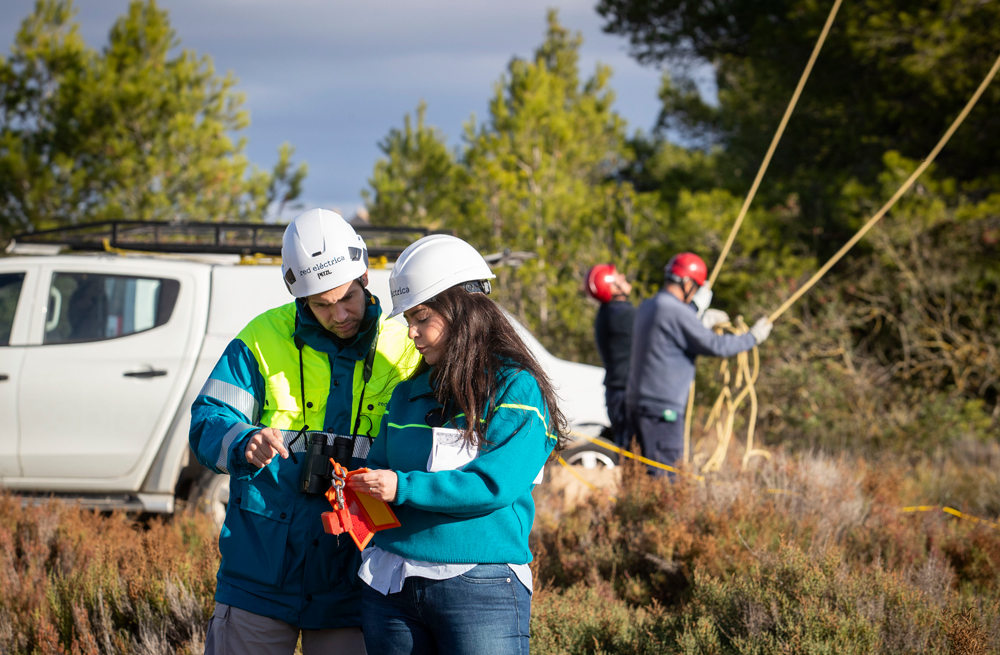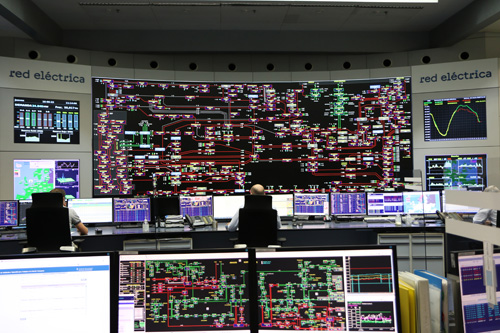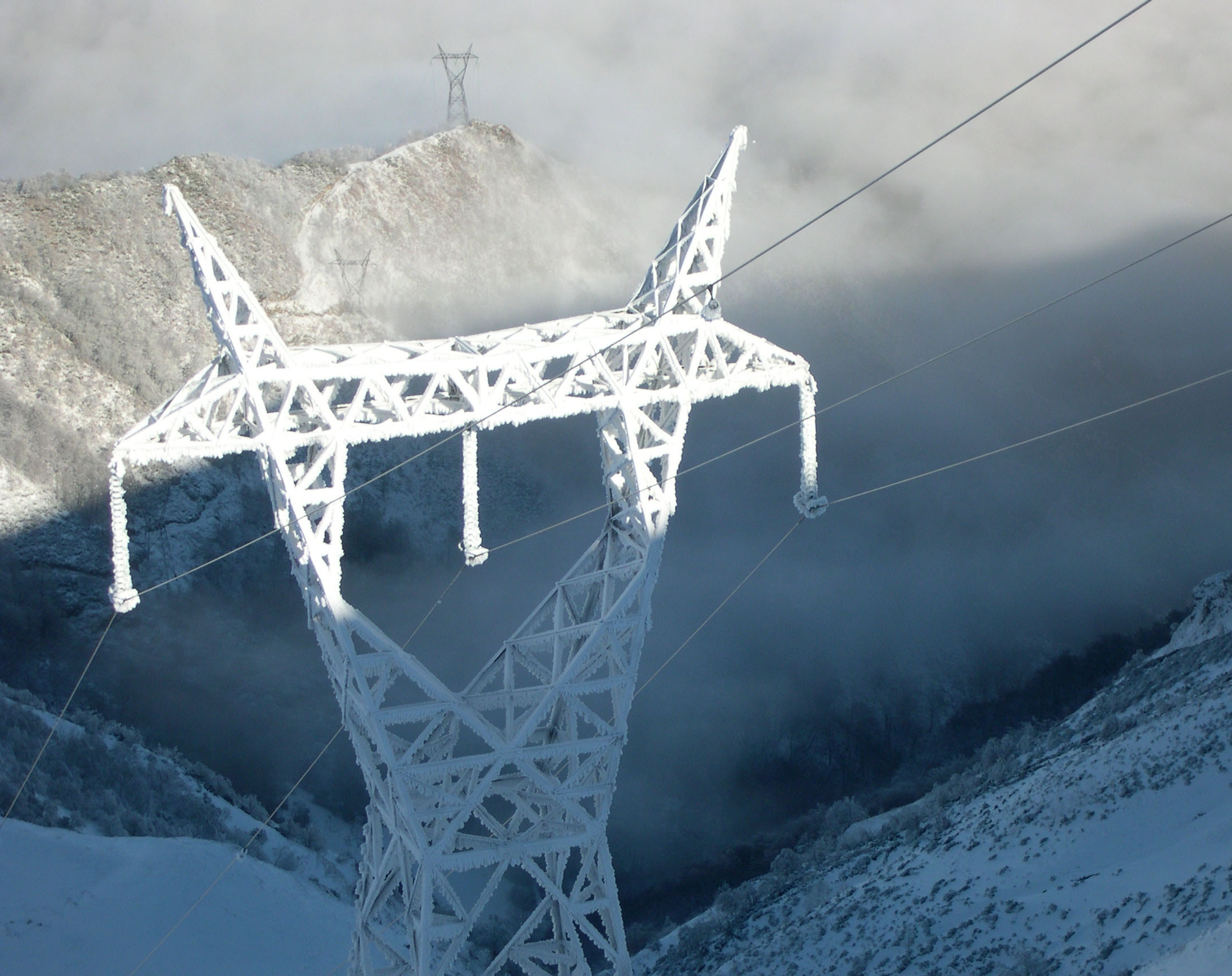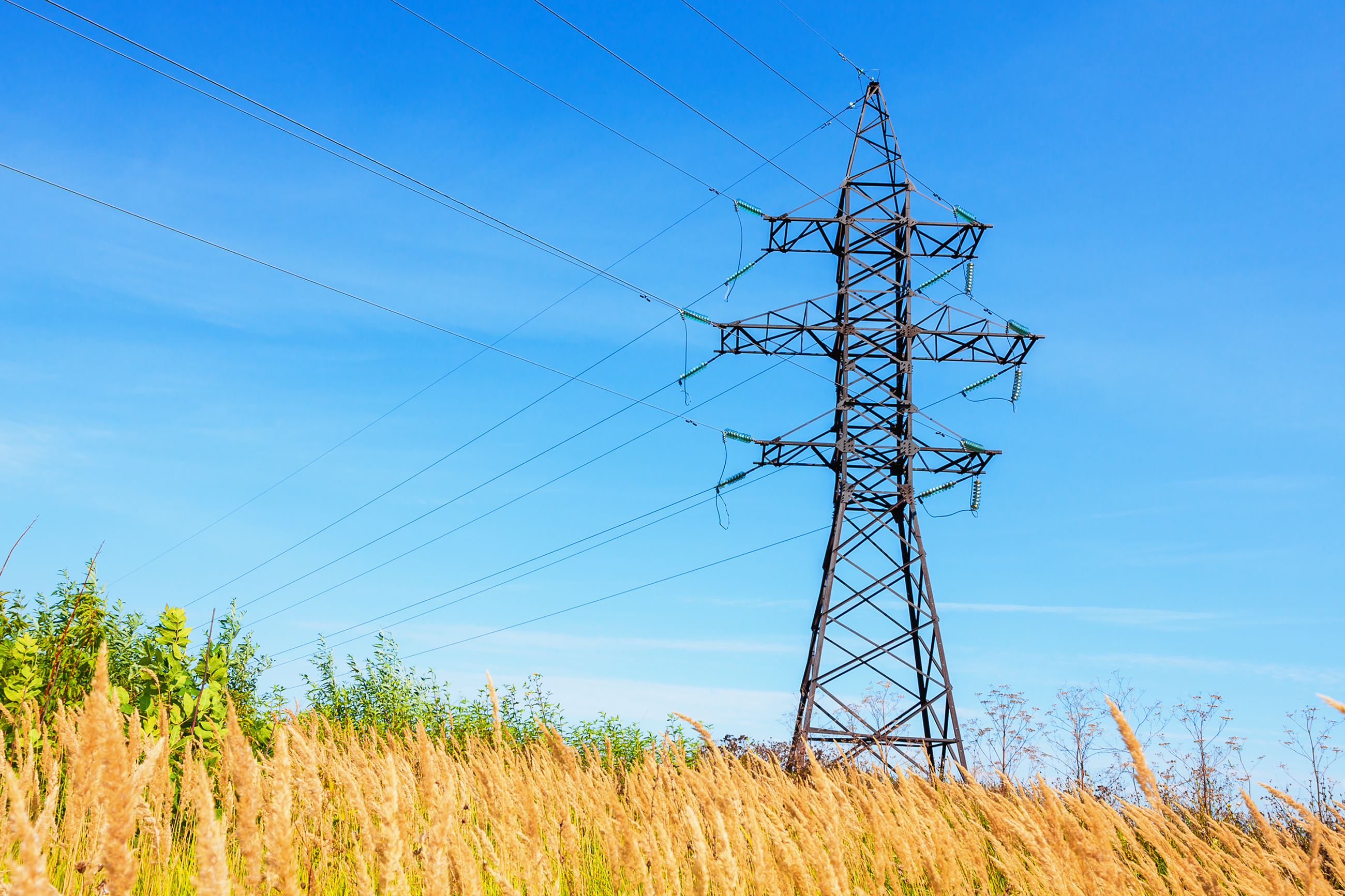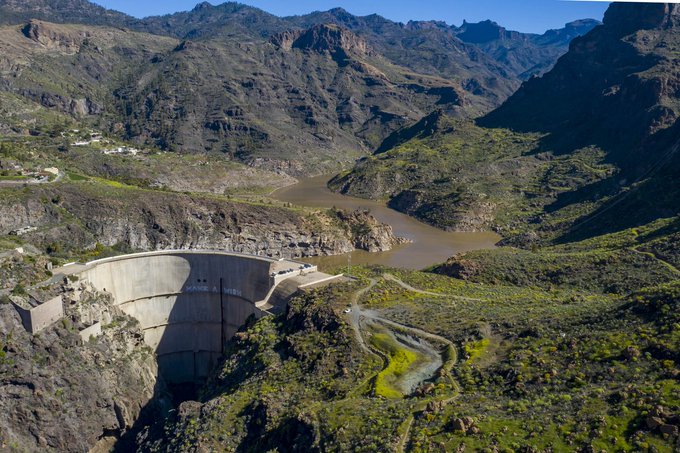For 40 years, we've been driving our country's economic and social progress. Four decades shaping Spain.
Red Eléctrica and its Moroccan counterpart locate the fault in the second electricity link with Morocco and deploy all the resources to proceed to seal the cable
-
The incident occurred in Moroccan waters, 15.4 km from the Spanish coast and at a depth of 490 metres.
-
All efforts are now being focused on sealing the cable.
Red Eléctrica de España (REE) and its Moroccan counterpart, L'Office National d'Electricité et de l'Eau Potable (ONEE), have been able to locate the exact point where the fault of the second link of the interconnection with Morocco has occurred. Following the work carried out to locate the leak, via the visual inspection of the area using ROV (Remote Operated Vehicle) systems, it has been determined that the fault is located 15.4 km from the coast of Spain at a depth of 490 metres in Moroccan waters. In addition, based on the investigation conducted and the evidence obtained at this time, it appears the incident may have been caused by external causes.
Last Thursday at 6:07 pm, the link protection systems detected a fluid leak in one of the cables (cable number 7) that make up the two circuits that comprise the electricity interconnection which connects Spain with Morocco, a link jointly-owned in equal shares by ONEE of Morocco and REE.
Once the fault was located, all efforts have been focused on sealing the cable. Therefore, all necessary technical resources and manpower are being deployed for its repair, in particular if we take into account that the depth at which the fault is located makes repairs especially complex.
The insulating fluid is biodegradable and, according to a study carried out in January 2017 by the Andalusian Centre of Marine Science and Technologies of the University of Cádiz, once the fluid is dissolved in seawater it is not harmful to marine and human health. Furthermore, the strong sea currents within the Strait would also help disperse the fluid.
At the moment the incident was detected, and as per the design of the interconnection facility, the leak containment system automatically sprang into action by reducing the fluid pressure to the minimum level from a technical feasibility point of view. At present, once the containment system has been stabilised, the leakage has been limited to around 5 litres/hour at each end.
This incident has at no time affected the security of the electricity supply. Regarding the interconnection capacity with Morocco, it has fallen from 900 to 400 MW due to the fact that one of the two circuits is out of commission as a result of the incident.
The Internal Maritime Plan of the interconnection is still activated in its alert phase, and the Spanish maritime authorities have been kept abreast of the incident at all times. Furthermore, the incident was reported immediately to the Ministry for the Ecological Transition and to other authorities concerned.

